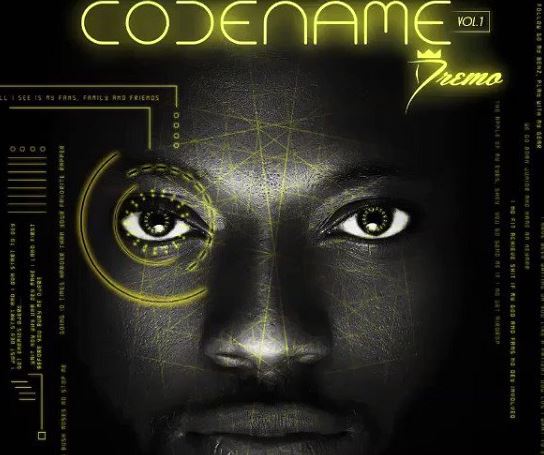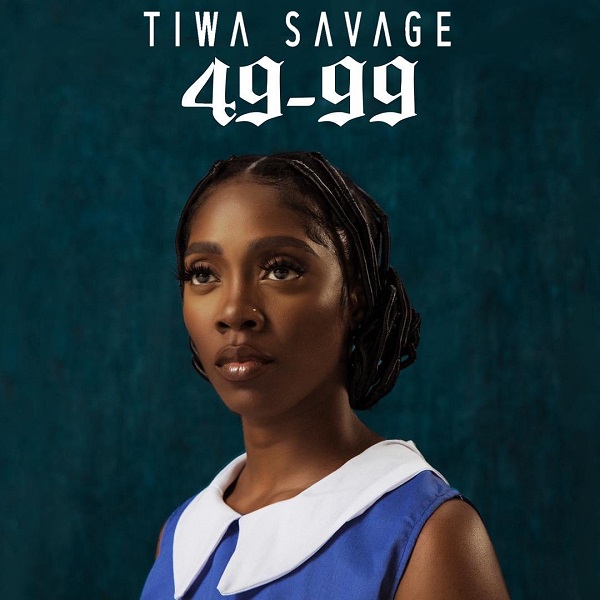

Sampling is sometimes used within Afrobeats music. Another distinction within Afrobeats is the notably West African, specifically Nigerian or Ghanaian, accented English that is often blended with local slangs, pidgin English, as well as local Nigerian or Ghanaian languages depending on the backgrounds of the performers. Usually using the 4/4 time signature common in Western music, afrobeats commonly features a 3–2 or 2–3 rhythm called a clave. Afrobeats share a similar momentum and tempo to house music. The beat in Afrobeats music is not just a base for the melody, but acts as a major character of the song, taking a lead role that is sometimes equal to or of greater importance than the lyrics and almost always more central than the other instrumentals.

These beats harken to the stylings of a variety of traditional African drum beats across West Africa as well as the precursory genre Afrobeat. Īfrobeats is most identifiable by its signature driving drum beat rhythms, whether electronic or instrumental. Another, more subtle contrast between the two sounds, is that while Fela Kuti used his music to discuss and criticise contemporary politics, afrobeats typically avoids such topics, thereby making it less politically charged than afrobeat. The term was created in order to package these various sounds into a more easily accessible label, which were unfamiliar to the UK listeners where the term was first coined. Unlike Afrobeat, which is a clearly defined genre, afrobeats is more of an overarching term for contemporary West African pop music. While afrobeats takes on influences from Afrobeat, it is a diverse fusion of various different genres such as British house music, hiplife, hip hop, dancehall, soca, Jùjú music, highlife, R&B, Ndombolo, Naija beats, Azonto, and Palm-wine music. This is in contrast to the afrobeats sound, pioneered in the 2000s and 2010s. Fela Kuti and his longtime partner, drummer Tony Allen, are credited for laying the groundwork for what would become afrobeats. The name was coined by Nigerian afrobeat pioneer Fela Kuti. Characteristics of Afrobeat include big bands, long instrumental solos, and complex jazzy rhythms. Afrobeat is a genre that developed in the 1960s and 1970s, taking influences from Fuji music and Highlife, mixed in with American jazz and funk. Īfrobeats (with the s) is commonly conflated with and referred to as Afrobeat (without the s), however, these are two distinct and different sounds and are not the same. David Drake writes particularly about popular Nigerian music and notes it is "Picking up on trends from the U.S., Jamaica, and Trinidad, they reimagine diasporic influences and-more often than not-completely reinvent them" (Drake ).Īfrobeats began to experience widespread global mainstream acclaim in the late 2010s, with artists achieving success across Africa, Europe, and North America. Afrobeats definitely exemplifies this syncretism as a transnational genre that is now getting international attention. In his earlier book, The Black Atlantic, Gilroy rejects the notion that Black culture and music can be bound to one geographical region (Gilroy 16 ). It's not clear what Africa might mean to them. Most of the grime folks are African kids, either the children of migrants or migrants themselves. We are moving towards an African majority which is diverse both in its cultural habits and in its relationship to colonial and postcolonial governance, so the shift away from Caribbean dominance needs to be placed in that setting. Historian and cultural critic Paul Gilroy reflects on the changing London music scene as a result of shifting demographics: Īfrobeats is primarily produced in Lagos, Accra, and London.

Genres such as hiplife, jùjú music, highlife and naija beats, among others, were amalgamated under the 'afrobeats' umbrella. Afrobeats is less of a style per se, and more of a descriptor for the fusion of sounds flowing out of Ghana and Nigeria. Afrobeats (not to be confused with Afrobeat or Afroswing ), also known as Afro-pop, Afro-fusion (also styled as Afropop and Afrofusion), is an umbrella term to describe popular music from West Africa and the diaspora that initially developed in Nigeria, Ghana, and the UK in the 2000s and 2010s.


 0 kommentar(er)
0 kommentar(er)
